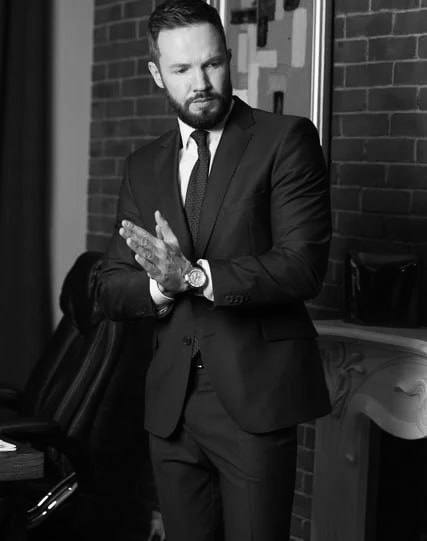
Indirect and side tasks in coaching
In addition to the direct tasks set, indirect and side tasks can be solved in coaching. For example, to pump certain skills. Having a conversation is also a skill. Oddly enough, not all people are able to maintain a dialogue with the interlocutor in such a way that in the end something productive, some kind of result, will come out of it. This can be achieving your goal, or helping a person achieve his goal, or finding a compromise that will suit both sides. Often people fail to achieve any of these goals, and, as a rule, the reason for this is the lack of the ability to hear the interlocutor.
Many people nowadays have heard of such a technique as “active listening”. Roughly speaking, this is when you give him feedback in various ways during a conversation with a person: you give in, nod, make sounds like “aha” or “uh-huh”, some even mirror the pose of the interlocutor (NLP technique). But it often happens that all this does not give the desired result. Why? Yes, because besides the fact that you need to listen to a person, you need to hear him. The fact is that when you listen to what the interlocutor is talking about and respond to his words verbally and nonverbally, of course, you are doing a good thing — the person sees that you are interested in him and immersed in the conversation. But is this really the case? Are you not deceiving him and yourself? Are you not thinking at this moment not about what the person is saying, but about your goals in this conversation, about your counterarguments that you have already prepared in advance or are preparing at this moment? Most likely, it is. That is why we do not get an effective dialogue — we think about our own, about our goal, about proving our rightness, about what we are going to say now, while completely or partially ignoring the speaker, not fully delving into his words and not trying to feel and understand them.
How to fix it?
In fact, it’s very easy to fix it. You need to listen with empathy. To better explain this idea, we turn to acting. What distinguishes a good game from a fake, a plausible dialogue from a memorized text? The ability to listen, to live the situation. A good artist does not wait for his colleague to finish speaking in order to insert his remark. He listens to him as if he is hearing him for the first time, he thinks about his words, feels them for himself, so his answer turns out to be real, sincere, and completely unlike a pre-memorized scenario. Try to notice this when you watch any picture with a strong acting game.
It’s the same with ordinary people in real life. But you don’t need to become actors for that. It’s enough just to listen carefully. Pay all your attention to the words of the interlocutor, try to understand what he wants, what are his motives, what is his goal. Even if your task in this particular conversation will be to incline the opponent in your direction, it will be much easier for you to do this if you hear and understand his needs and desires. It’s like in sales — it’s much easier to sell a product if you know the customer’s needs and want to help him solve them, and not if you’re just trying to “push” something at any cost.
Moreover, after hearing the wishes of the interlocutor and understanding what he really wants, sometimes it is possible to find a third solution that would suit both of you.